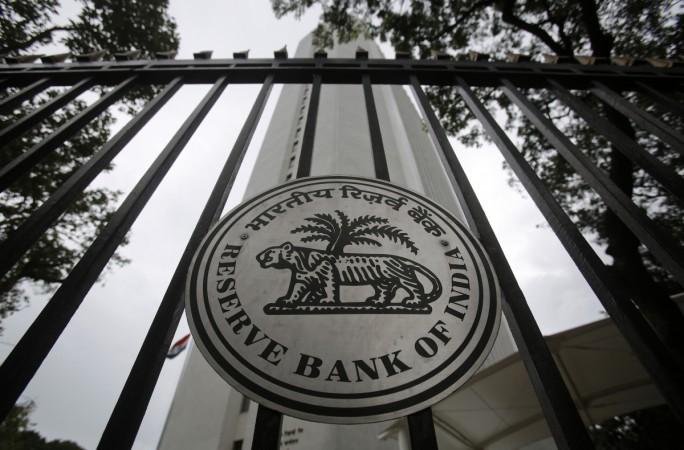
Tough norms that the Reserve Bank of India has put in place is helping to drastically reduce loan default and the growth of non-performing assets (NPAs), a media report says.
The RBI instructed banks in February last year to report any loan default of even one day by large borrowers. Individuals or entities who own a lender Rs 5 crore or more are termed, large borrowers.
The rate of regularising defaulted repayments has sharply increased after the new norms came into effect, RBI data show.
The RBI said in response to a right to information query by Mint website that the outstanding loans deemed defaulted under the one-day norm fell by 60 per cent to Rs 55,070 crore on September 30, 2018, from Rs 1.53 lakh crore on June 30, 2018.
One-day defaults also dipped to a low of Rs 50,306 crore on August 31, 2018, from Rs 91,280 crore on July 31, 2018, though they rose 9 per cent in September 2018.
"There is a clear change in borrowers' behaviour and banks are also more alert in taking up these incidents. A message has been sent to errant borrowers that defaults would not be tolerated," said Arijit Basu, managing director of the State Bank of India, in a report on the Mint website.
Experts say large borrowers have started repaying on time due to the fear of bankruptcy proceedings.
The RBI has asked the lenders to institute a board-approved policy for resolution of stressed assets. Banks have to start the resolution process as soon as a borrower defaults on a term loan giving the party 180 days to cure it, failing which the account would have to be referred to the National Company Law Tribunal (NCLT).
Previous guidelines gave the lenders 60 days to initiate the resolution process after default.
"Earlier, only the NPA (non-performing assets) classification was taken seriously by borrowers, not defaults. That has changed as banks no longer want any stressed asset on their books and, subsequently, the amount of loans under special mention accounts (SMA) has also dropped," Basu said. To some extent, the introduction of the Insolvency and Bankruptcy Code (IBC) had also helped, according to him.

















